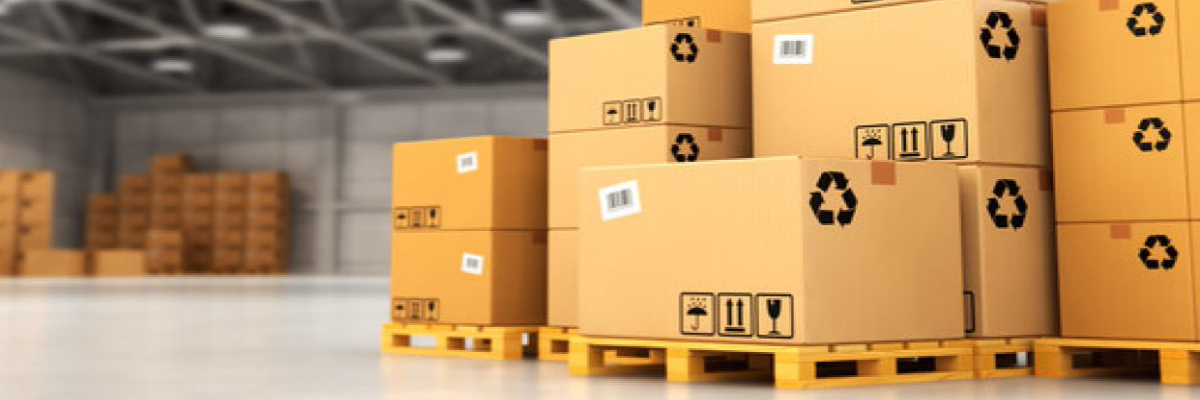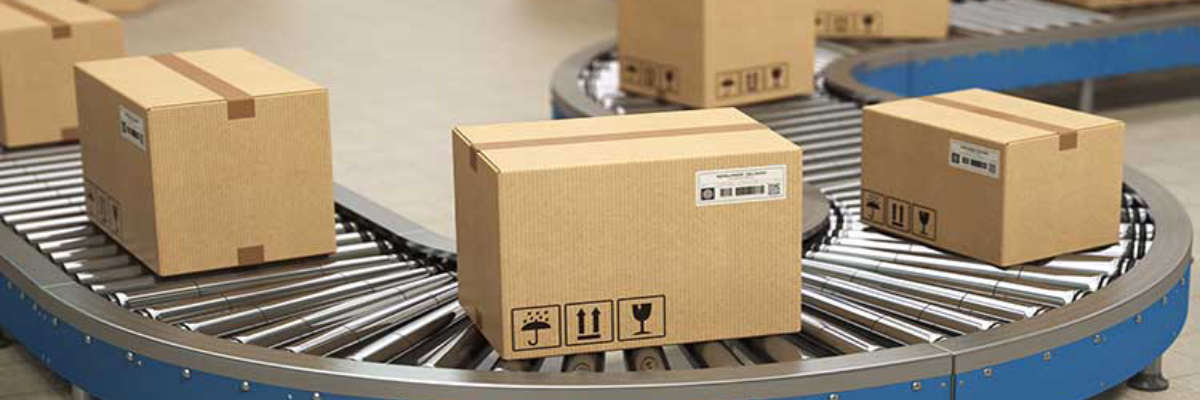How Artificial Intelligence, Blockchain and IoT will Transform Logistics Industry?

Monday, 29 July 2019 | Logistics Technology
Logistics and supply chain is a quintessential component of modern human life. Yet, it is shrouded in cumbersome and error-prone technology systems. A major part of trucking operations are still handled manually with hard-copy documents. Moreover, customers nowadays expect faster delivery, increased flexibility and higher degree of transparency at lower freight quotes. This evolving customer behaviour has been driving digital disruption of transportation and logistics (T&L) industry. Shipper, freight and last-mile delivery - the three major segments of a supply chain has been impacted by disruptive technologies like Artificial Intelligence (AI), Internet of Things (IoT) and Blockchain.
Internet of Things (IoT)
Counterfeiting, theft of goods and lack of accurate shipping information are the biggest pain points in global logistics. With the right IoT solution at the right time, freight brokers and shipping companies can increase the operational efficiency and productivity. According to Gartner reports, we can expect to see 20 billion internet-connected things by 2020. And linking an innovative IoT solution to existing business strategy of 3PL companies would help in generating the biggest business value. Transport, logistics and fleet management companies can leverage in-vehicle sensors and other smart devices across a centralized cloud network for capturing and processing critical data. Information retrieved from these IoT devices would not only help companies to gain real-time visibility into their supply chain, but also allows monitoring its condition. Smart warehouse and yard management, enhanced productivity, minimized risk and improved customer engagement are some of the major perks that IoT brings to both industry and end-customers.
Artificial Intelligence (AI)
As the size and complexity of logistics operations expands, it drives the need for time-critical decisions. In such scenarios, companies need to take faster yet informed decisions without compromising on quality and cost factors. Through the use of Machine learning (ML), deep learning, AI technologies and cognitive computing capabilities, freight shipping companies are able to increase their returns and stay ahead of the competition. Leveraging IoT data and deriving insights using ML algorithms and AI platforms helps logistics companies to optimize and improve their operations to meet changing market requirements. AI technologies are being used by a number of eCommerce companies and logistics companies today. Automating warehouse management, chatbots for customer interaction, finding quickest delivery route, tackling unforeseen circumstances and predicting load costs are some of the major applications of AI in logistics sector.
Blockchain
This decentralized and distributed technology for recording and verifying transactions can enable more efficient and profitable business operations for transportation and logistics companies. In fact, a blockchain alliance named ‘Blockchain in Transport Alliance (BiTA) was formed in 2017 with a mission to drive the adoption of emerging technology across the T&L industry. Blockchain-enabled platforms can be used for administrative tasks, tracking and payment processing. Since every transaction is verified and recorded on a block and shared across multiple nodes, transparency and traceability is assured. Adoption of blockchain solutions can prove beneficial in better freight tracking, easier carrier on-boarding,reduced administrative costs, secure payments processing and faster dispute settlement.
What we foresee is IoT, blockchain, AI and other disruptive technologies driving efficiency and profitability of logistics industry to accommodate dynamic customer needs and expectations.





